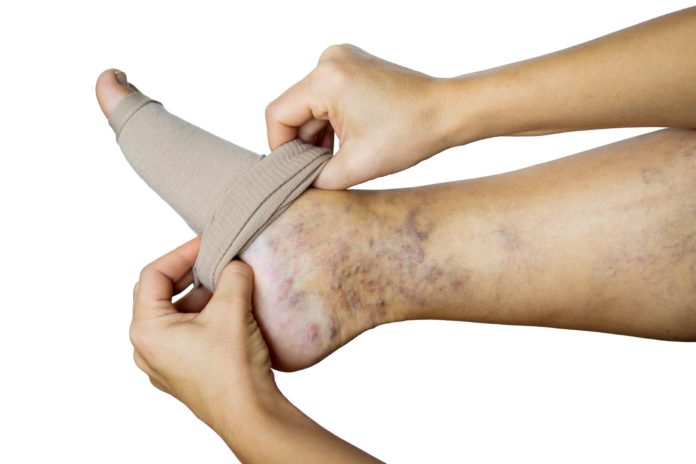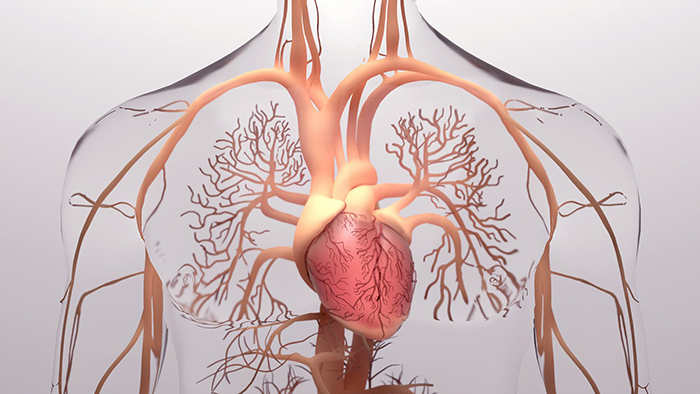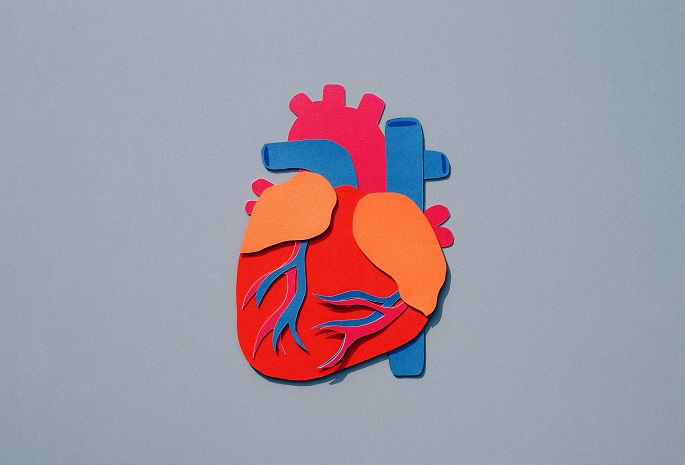Understanding Varicose Veins
Varicose veins are bulging, twisted blood vessels that appear near the surface of your skin, usually in your legs. And the Society for Vascular Surgery reports more than one in three Americans may have them.
Blood that’s been pumped out to your body to deliver oxygen returns to your heart via veins. Varicose veins can develop if the valves that normally prevent blood from flowing backward as it travels to the heart, become damaged or weakened. This causes blood to pool in the veins of your legs. The vein walls may then weaken, and the vessels can become swollen and distended. Varicose veins typically aren’t dangerous, but they can cause leg heaviness, pain, weakness and other symptoms.
Spider veins are a mild version of varicose veins. They’re smaller, wispy veins that may appear blue, red or purple and are aptly named because they look like spider webs. These veins are primarily considered a cosmetic issue, but many people seek medical guidance because they are troubled by their appearance.
Standing for long periods of time can contribute to varicose veins. So, professions that require you to spend a lot of time on your feet put you at risk. But an even bigger risk factor is heredity. If close family members have had varicose veins, your risk goes up.
Additional risk factors include gender, pregnancy and obesity.
Firstline Treatments and Prevention
There are many things you can do on your own to lower your risk for varicose veins or make yourself more comfortable if you get them:
Elevate your legs whenever possible. This will help keep blood from pooling.
Make lifestyle changes. You can help care for your legs by:
- Eating a low-salt diet to lessen water retention
- Exercising regularly to improve your circulation
- Reaching or maintaining a healthy weight to reduce pressure on your veins
Walk around a bit when on your feet a lot. Walking causes your calf muscles to contract and helps move blood out of your lower legs.
Wear compression stockings. They can help blood move through your legs and ease your discomfort, and we can help fit the stockings at Emory Vein Center.
Minimally Invasive Therapies at Emory Vein Center
If conservative treatments don’t improve your symptoms, or if you’d like to treat problem veins for cosmetic reasons, we offer several outpatient minimally invasive therapies at Emory Vein Center. They can get you back to work feeling and looking your best with little discomfort and little or no downtime.
Determining which treatment is right for you begins with a careful evaluation of your condition. Treatments we offer include:
Ablation. This procedure involves closing off the problem vein. Blood is then rerouted to healthy veins that move it back to the heart. Types of ablation include:
- Endovenous laser treatments
- Radiofrequency ablation
- Varithena™ closure
- VenaSeal™ closure system
Ambulatory Phlebectomy. This treatment involves removing varicose veins through tiny punctures in your skin. Local anesthetic is used.
Sclerotherapy. Often used for spider veins, sclerotherapy involves injecting a solution that causes veins to collapse. Eventually, they are reabsorbed by the body.
Get more information about our treatments.
To learn more about how we can help you, call Emory Vein Center at 404-531-7207 or make an appointment today.




